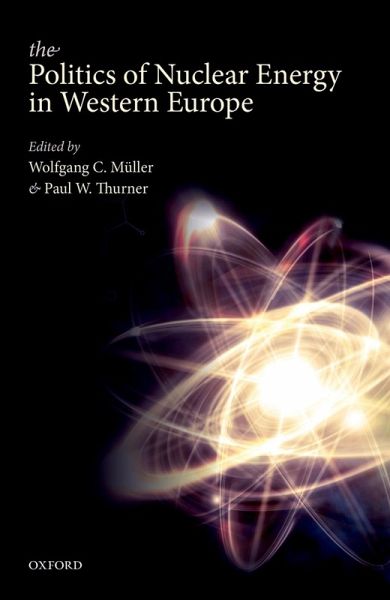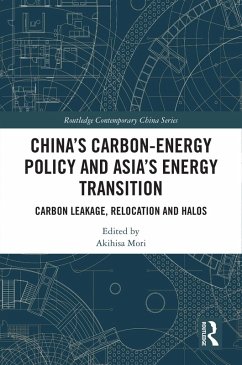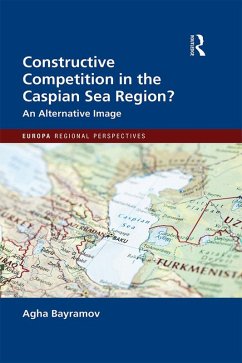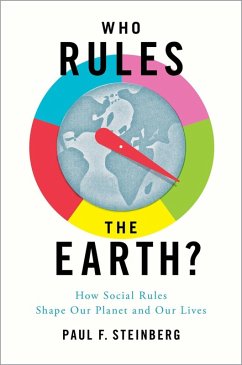
The Politics of Nuclear Energy in Western Europe (eBook, ePUB)

PAYBACK Punkte
21 °P sammeln!
This volume investigates nuclear energy policies in Western Europe over the entire post-war period, but with special attention to the two most recent decades. The comparative analytical perspective draws on the interplay between voters' attitudes, challenging movements, party competition, and coalition formation. Spanning more than 60 years and 16 countries, the researchers examine the underlying causal processes leading to the observed varieties of Western European nuclear energy policies. Based on a mixed methods approach using both structured case studies as well as quantitative analyses, t...
This volume investigates nuclear energy policies in Western Europe over the entire post-war period, but with special attention to the two most recent decades. The comparative analytical perspective draws on the interplay between voters' attitudes, challenging movements, party competition, and coalition formation. Spanning more than 60 years and 16 countries, the researchers examine the underlying causal processes leading to the observed varieties of Western European nuclear energy policies. Based on a mixed methods approach using both structured case studies as well as quantitative analyses, the study shows that the nature of party competition under given institutional contexts is a key-driver for, as a rule, tactically motivated governmental policy changes and stability, respectively. Part I introduces the practical and theoretical relevance of the topic. It outlines the reasoning of the major scientific contributions with regard to nuclear energy policies, and offers a theoretical alternative to the previous literatures that has been predominantly movements-oriented. Additionally, it provides core economic and political indicators of the changing role of nuclear energy in the countries. Part II consists of seven in-depth case studies where the outlined theoretical perspective is applied. Part III consists of a general summary, short narratives of the countries not covered in case studies, qualitative comparison and an assessment of the factors for policy change from multivariate analysis.
Dieser Download kann aus rechtlichen Gründen nur mit Rechnungsadresse in A, B, BG, CY, CZ, D, DK, EW, E, FIN, F, GR, HR, H, IRL, I, LT, L, LR, M, NL, PL, P, R, S, SLO, SK ausgeliefert werden.













